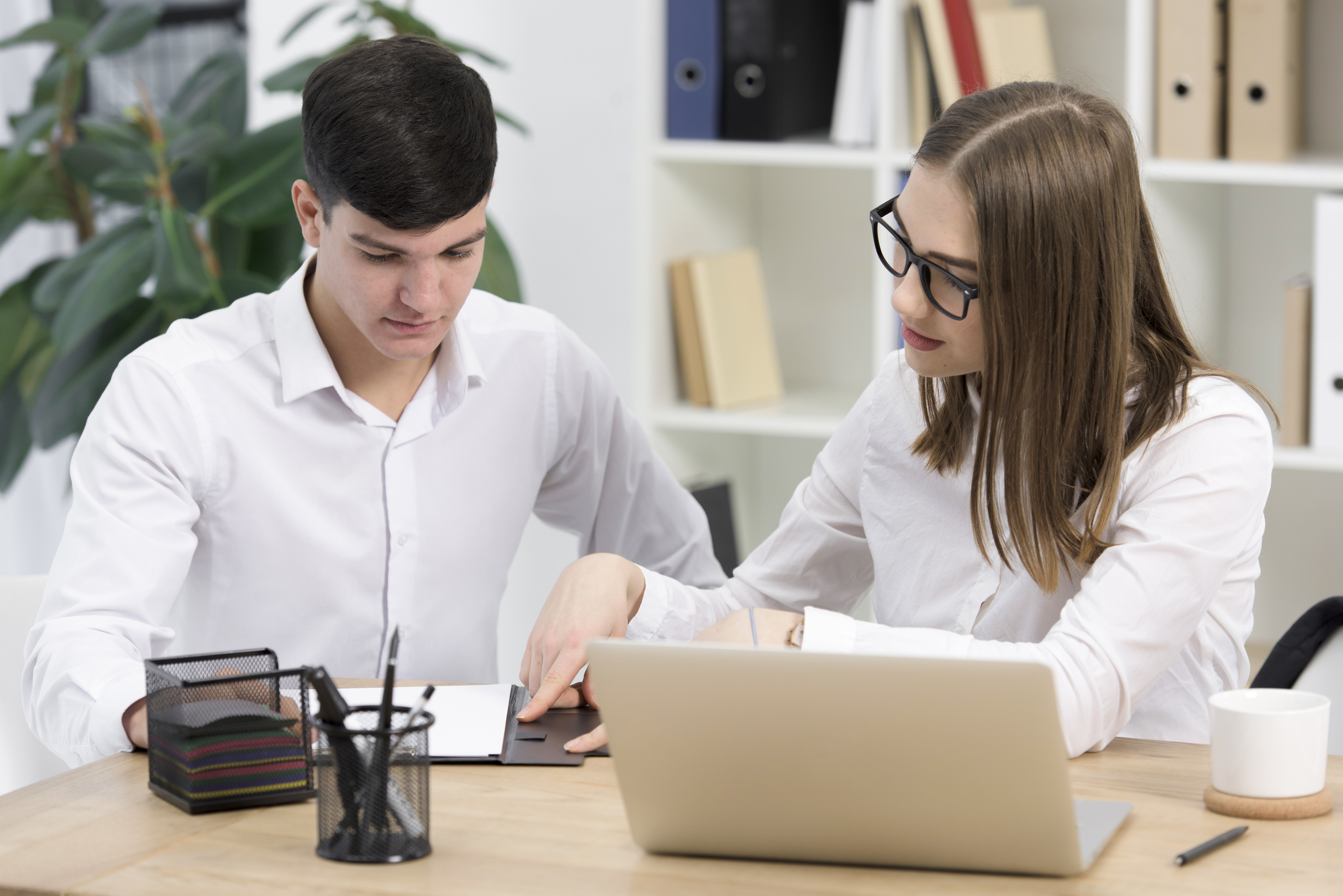
What counts as business travel expenses, and how can the cost be claimed via self-assessment?
At Cangaf Ltd, we understand the growing push to reduce business travel — it’s a smart move for saving both time and money, and it plays a key role in cutting down our environmental impact. Still, there are situations where a face-to-face meeting with a client or supplier is simply essential.
That said, navigating travel in the UK isn’t always straightforward. With motorways and city roads frequently clogged with traffic, public transport often emerges as the more efficient choice, whether that’s by train, bus, tube, or tram. Taxis can also be part of the journey. When business calls further afield, nationally or internationally, flying sometimes becomes a necessity.
Of course, as many business owners will have noticed, the cost of travel has risen sharply in recent years. From fuel prices to fares, expenses have been climbing across the board. So, whether you’re visiting a client, attending an industry event, or meeting with a supplier, the financial side of travel is something that needs careful consideration and planning.
Are business travel costs considered allowable expenses?
In short, yes, if they’re genuinely for business. HMRC defines “allowable expenses” as costs that are wholly and exclusively incurred to run your business. That means if you’re travelling to meet a client, attend a trade event, or visit a supplier, your bus, rail, tube, tram, or air travel tickets can usually be claimed against your tax bill.
Claiming these expenses correctly can reduce your taxable profits and ultimately lower your tax liability — a smart move for any business.
However, it’s important to stay on the right side of the rules. If the journey was personal, or even partly for leisure, only the business portion is claimable. For example, if you attend a conference abroad and then take a few days off to relax on the beach, only the costs directly related to the business part of your trip can be claimed — the rest is on you.
Also, commuting from home to your regular place of work doesn’t count as a business journey. Those are considered personal costs and are not tax-deductible, even if you run your own company.
Misusing the system by claiming personal travel as a business expense is considered tax fraud and can lead to serious consequences. So, as always, if you’re unsure, it’s best to seek professional advice — and that’s exactly where Cangaf Ltd can help.
Can I claim subsistence and accommodation costs as business expenses?
Yes — in certain circumstances, you can. If your business requires you to stay overnight away from your usual base, the cost of a hotel, B&B, or even an Airbnb are eligible to be claimed as an “allowable expense,” especially for sole traders completing a Self Assessment return.
When it comes to food and drink, things are a bit more specific. Everyday meals don’t usually qualify as allowable expenses, since you’d need to eat regardless of where you are, and therefore it doesn’t meet HMRC’s “wholly and exclusively for business” rule.
However, if you’re staying overnight for work purposes, a reasonable evening meal can be classed as a legitimate subsistence expense and may be claimed accordingly. The key here is necessity — if the expense is directly tied to the business trip and not excessive or personal in nature, it’s usually acceptable.
As always, keeping detailed records and receipts is essential. And if you’re unsure whether a particular cost qualifies, the team at Cangaf Ltd is here to help you navigate it with confidence.
Keeping Track of Travel Expenses and Making a Claim
When it comes to claiming travel as an allowable expense, good record-keeping is essential. HMRC has the right to review your expense claims, so having the right documentation on hand is key. That means holding on to receipts, invoices, tickets — even meeting notes or event confirmations — to clearly demonstrate that the travel was for genuine business purposes.
One common oversight? Taxi receipts. It’s easy to forget to ask, especially when you’re in a rush, but without proof, you may not be able to claim the cost.
If you’re a sole trader, your travel expenses are included in your Self Assessment tax return, specifically within the supplementary SA103 form. If you’re a UK landlord, you’ll report allowable travel costs in form SA105. These figures are submitted along with your main tax return (SA100).
And don’t be tempted to ignore those short, inexpensive trips — the occasional bus fare or mileage to a nearby client meeting might not seem like much, but they add up over the year. When properly tracked and claimed, even the small stuff can make a noticeable difference to your final tax bill.
At Cangaf Ltd, we help clients stay on top of the details, so if you’re unsure about what you can claim or how to keep your records clean and compliant, we’re just a phone call away.


